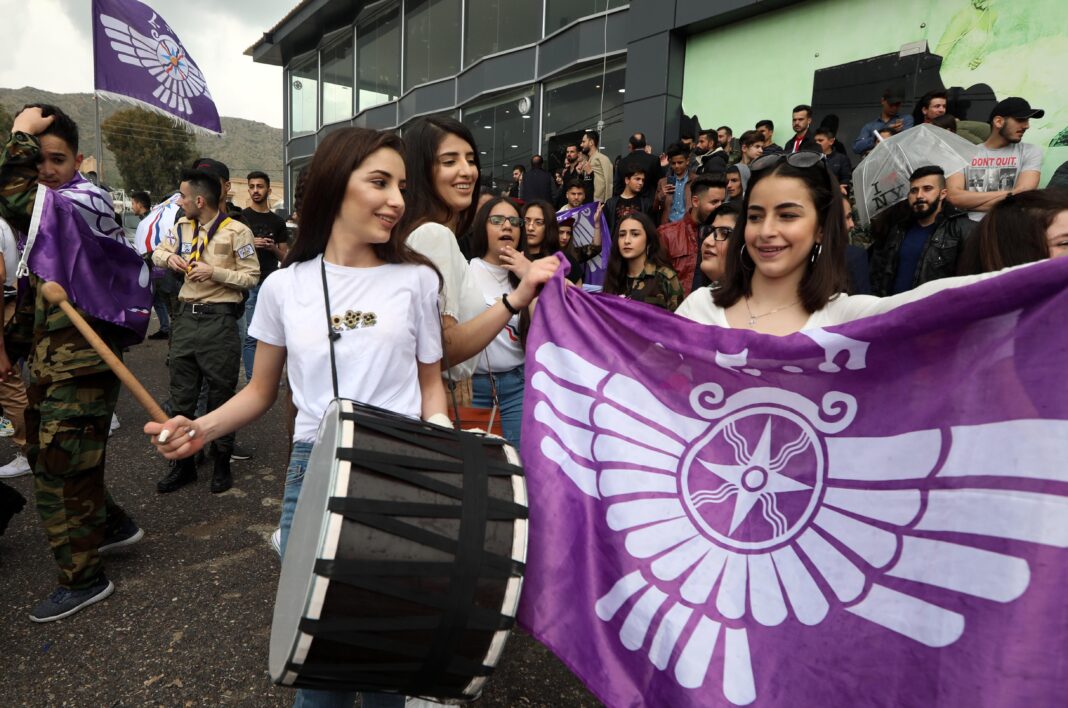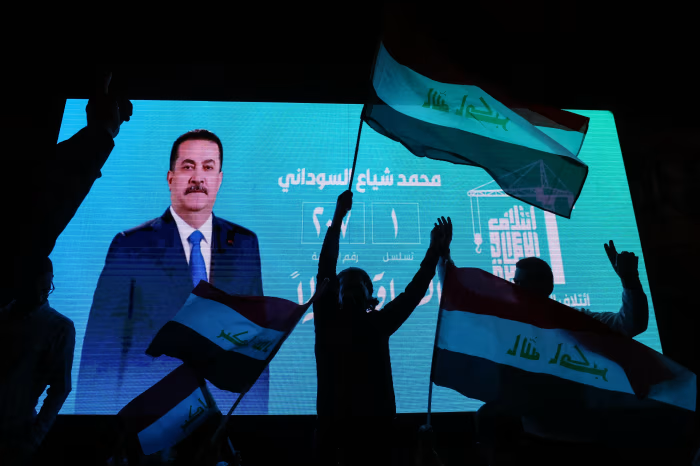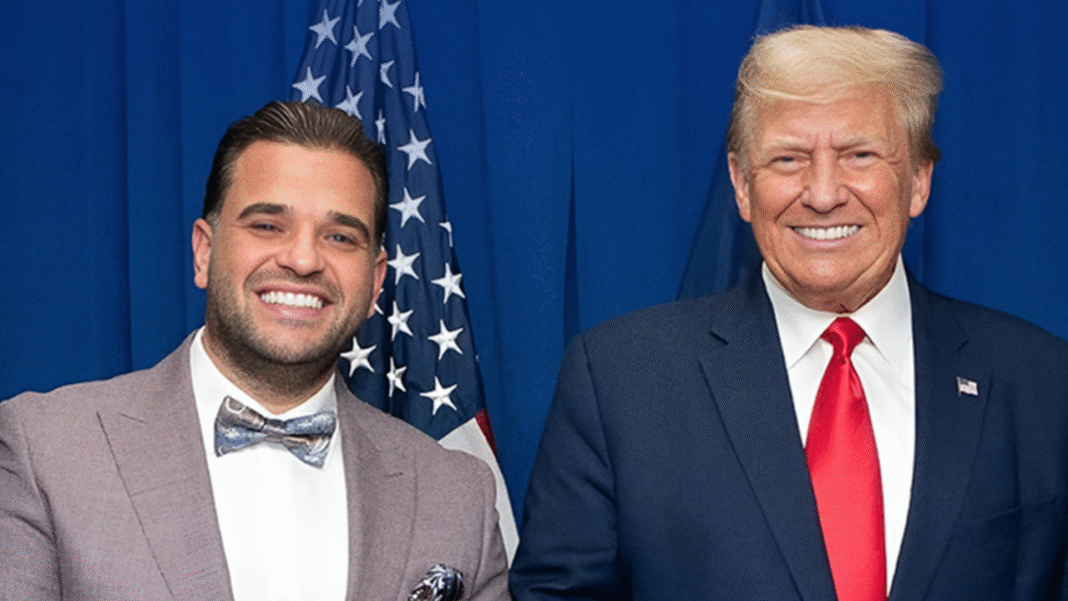Minority Voices in Iraq continue to shape the country’s political scene as Iraq’s Independent High Electoral Commission released the final list of minority-seat winners on Wednesday. The announcement offered clear results for the nine parliamentary seats allocated to smaller communities. Moreover, it highlighted how these groups maintain their presence within national politics.
IHEC confirmed that the Council of Representatives holds 329 members. However, nine of these seats belong to minority groups through a quota system. Furthermore, these seats reflect Iraq’s commitment to diverse political representation.
The Christian community secured five seats across Baghdad, Nineveh, Kirkuk, Erbil, and Duhok. Sami Oshana led the Christian candidates with 22,836 votes. Soon after, Atheer Ibrahim followed with 22,056 votes. Kaldo Ramzi then ranked third with 18,472 votes. Imad Yukhna gained 17,602 votes. Lastly, Hiba Gerges won 13,581 votes. Each candidate achieved strong support across multiple Christian-majority districts.
Meanwhile, the electoral process also shaped outcomes for other communities. Haidar Ali captured the Feyli Kurdish seat with 17,174 votes. His victory strengthened the political voice of Feyli Kurds in Wasit. Additionally, the Shabak community marked its presence when Waad Mahmoud secured 10,499 votes in Nineveh.
The Yazidi community also reaffirmed its role. Khaled Sido won the Yazidi quota seat with 9,686 votes. His win added another layer to minority participation in post-ISIS recovery politics. Furthermore, Bassam Jasib captured the Sabean Mandaean seat with 5,000 votes. His victory ensured continued representation for one of Iraq’s oldest religious groups.
According to Iraq’s election law, these quota seats rely entirely on votes cast within each minority group. Therefore, general votes from outside these communities do not influence their reserved seats. Instead, each minority group selects one winner based on who receives the highest vote count.
This system allows smaller communities to maintain direct political access. Additionally, it protects their presence in parliament during wider national shifts. Minority Voices in Iraq remain essential as the country continues navigating political reform and regional challenges.
IHEC’s announcement underscores how minority representation still holds strong significance. As Iraq moves toward the next political phase, these results show how communities protect their identity through active participation. Consequently, the new parliament includes diverse voices that reflect Iraq’s complex social fabric. Minority Voices in Iraq will continue shaping national decisions as political debates intensify.



